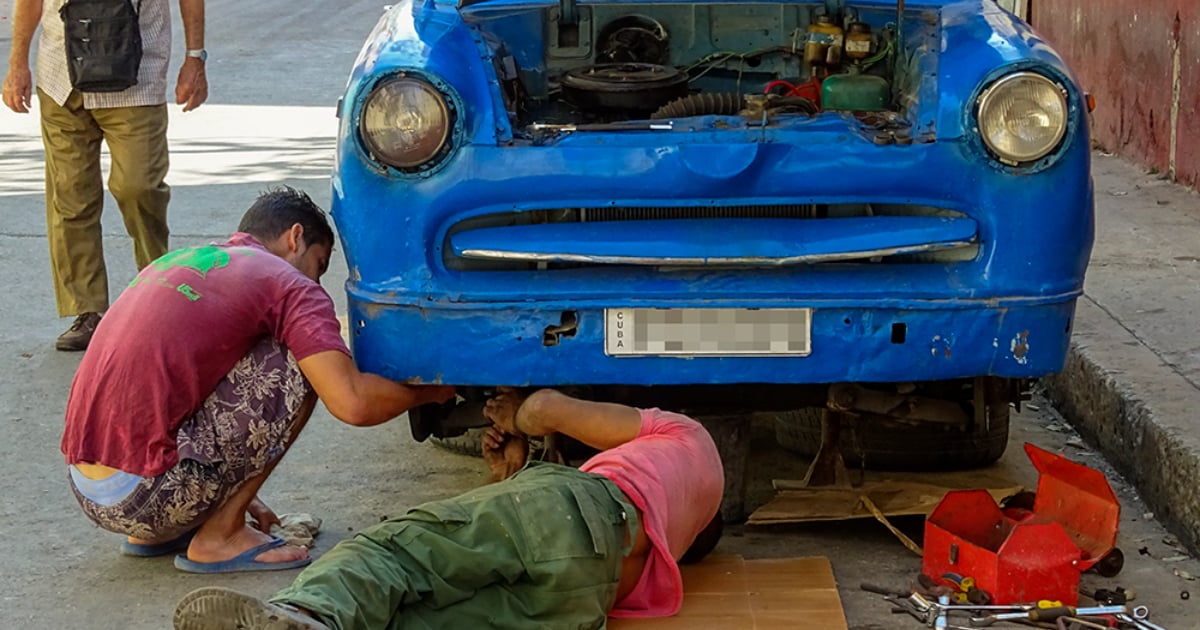
The Ministry of Transport of Cuba began on Monday a new process of homologation of vehicles assembled by parts and pieces (VAP), an activity that has resolved the situation of many families facing the serious transportation crisis that the country is going through.
The organization issued the "Procedure for homologation of motor vehicles, trailers, and semi-trailers, assembled by parts and pieces", embodied in Resolution 95 of 2024, published in the Official Gazette, in its ordinary edition number 55.
Until August 22, individuals who have not homologated their vehicles can access the census through the platform www.vap.transnet.cu. After that, it will only be available for users to consult their records.
Mario Pérez, head of the homologation project, explained to Granma that the law constitutes in turn a new exceptional opening for this process at the offices of the National Department of Vehicle Registration and Driver's License of the Ministry of the Interior.
A novelty in the process is that the owner who, at the time of conducting the census, is abroad or has any impediment that prevents their physical presence, may appoint a legal representative.
He also mentioned that the presentation of a motor vehicle with its trailer or semitrailer is allowed in the census.
In this call, vehicles declared unfit due to solvable technical aspects and those that were not accepted in the first homologation process can be submitted, in both cases provided that the indicated technical aspects have been resolved.
"The important thing is that we are making progress in the legalization of vehicles that will contribute to the transportation of people at a time when it is so much needed," stated Minister Eduardo Rodríguez Dávila on Facebook.
This is the second and final census that the government is conducting for the legalization of these vehicles, which for various reasons were not included in the initial process, the leader reported last April.
The senior official also warned that with this decision, "the construction of new vehicles is not authorized."
In December, the Ministry of Transport announced an extension of the deadline for the homologation of VAP, which had come into effect in September 2021 through Resolution 200.
Although the homologation process was initially expected to finish on December 31, 2023, it was extended until the legalization and delivery of the license plate for all vehicles processed by the provinces.
In March 2022, it was reported that Cuba would incorporate more than 100,000 vehicles armed with parts or transformed into the vehicle fleet that circulates in the country.
"This will influence traffic flow and road safety, increasing congestion and the vulnerability of these means," said Reinaldo Becerra Acosta, Secretary of the National Road Safety Commission at the time.
What do you think?
COMMENTFiled under: